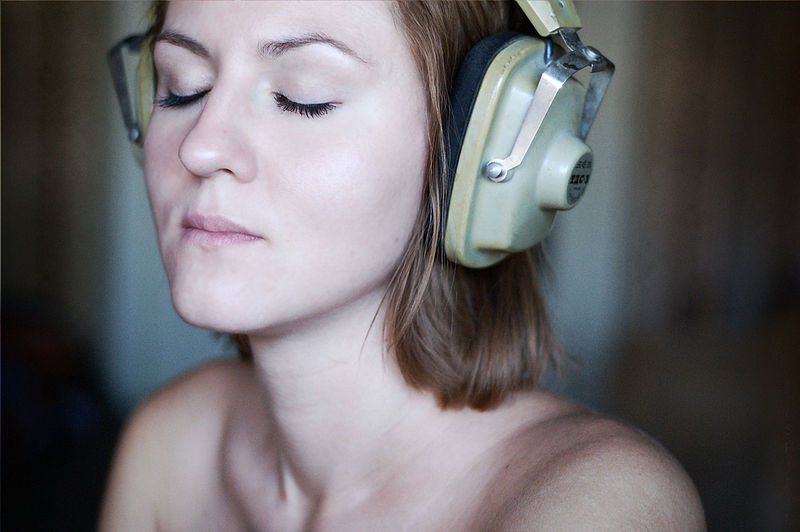
Researchers studying the impact of sad music on listeners have discovered that one of the most common reactions to it was a feeling of pleasure.
Musicologists at Durham University and the University of Jyväskylä examined the emotional responses of 2,436 people from the UK and Finland to sad pieces of music. The majority of those surveyed noted the pleasurable experience of sad music, and that it caused a marked improvement of mood. Others said it had a comforting effect, evoking memories from the past.
Less surprisingly, the research also found a significant section of people surveyed who associated painful memories with sad music.
The study is expected to impact how music therapists employ different musical styles. Professor Tuomas Eerola explained that such a variety of reactions had previously been identified in relation to tragic art.
“The results help us to pinpoint the ways people regulate their mood with the help of music, as well as how music rehabilitation and music therapy might tap into these processes of comfort, relief, and enjoyment,” Eerola added.
The three main experiences in response to sad music, pleasure, comfort, and pain, were found across all of the groups surveyed. Older people were more likely to display emotions of comfort, while a negative or painful response to sad music was more common among young people and women. “Such intense experiences seemed to be mentally and even physically straining, and thus far from pleasurable,” Dr. Henna-Riikka Peltola, the study’s co-author, said of the negative responses.
Previous studies have looked at the phenomenon of the often pleasurable effect of sad music. A 2015 review proposed three situations in which it was seen as pleasing: if it was felt to be non-threatening; if it was aesthetically pleasing to the listener; or if it produced psychological benefits like mood regulation. These benefits could be influenced by the invocation of memories linked to a piece of music or a similar piece, personality traits, social context, or current mood.
The authors suggested that these incites could be of assistance in developing therapies to treat depression.
The latest study appears to coincide with some of these points since it found that knowledge of the aesthetic qualities of the music being listened to had an impact on an individual’s emotional response. It also seems to back up the idea that in a significant number, but not all, cases, there is a psychological benefit to be had from choosing a sad piece of music.
A third study published in the Plus One journal in 2014, based on an online survey carried out in western and non-western countries, revealed many of the same reasons for the enjoyment of sad music. The four main benefits it identified were the rewards of imagination or empathy, the ability to regulate emotions, and the awareness that the experience has no real-world implications. The survey also found that appreciation of somber music was greater among people with high levels of empathy and low emotional stability.
Did you enjoy this article?
Read also: 7 Really Sad Piano Pieces That Will Make You Sob
Keep up to date with our latest postings by joining us on Facebook or following us on Twitter.
